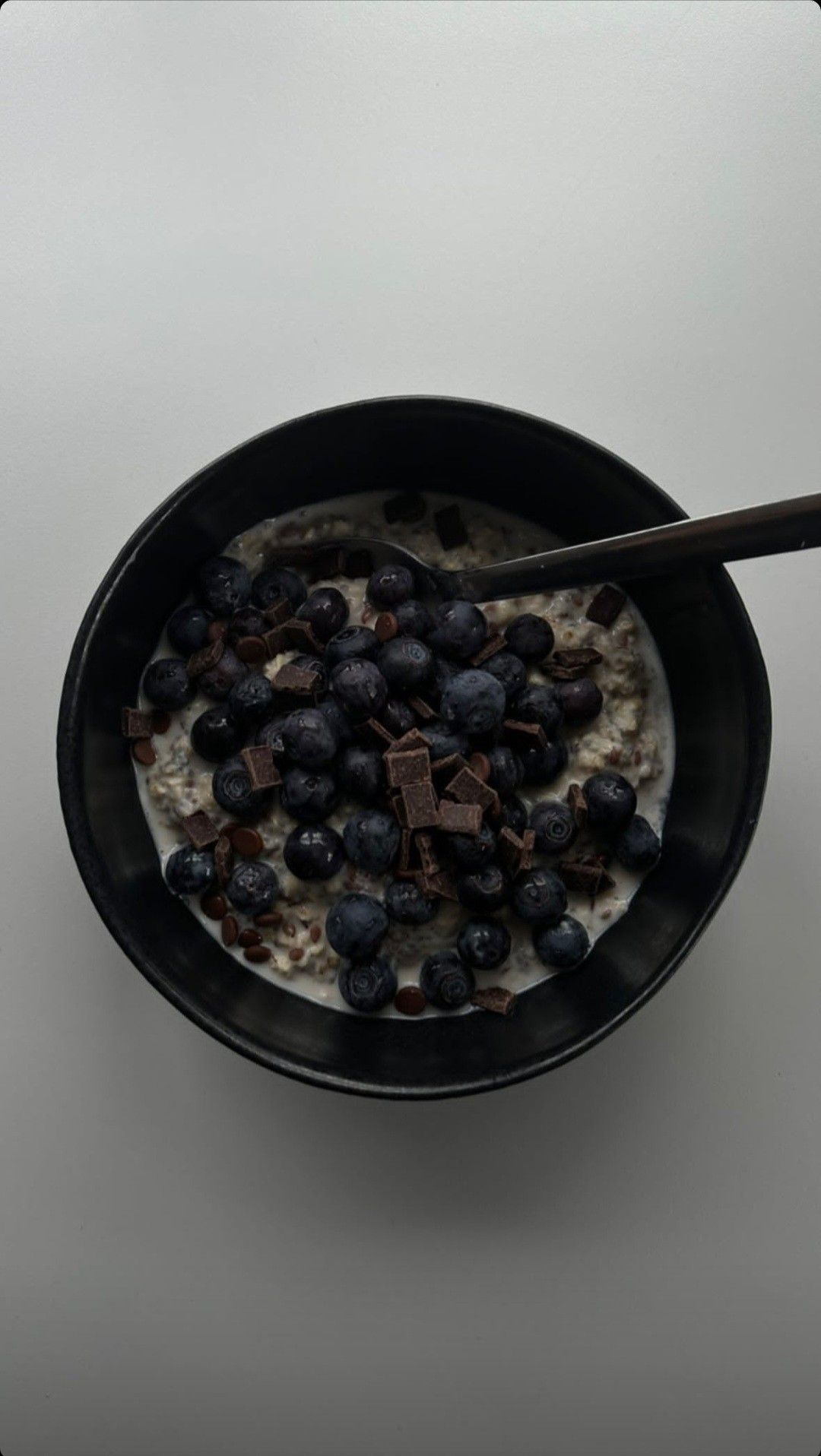If you’ve ever tried losing weight, you know it’s not as easy as “eat less, move more.” That advice sounds simple, but in practice, the scale doesn’t always cooperate. Why? Because weight loss is both a science and a deeply personal journey. Our bodies work like intricate machines, influenced by hormones, metabolism, genetics, and even sleep patterns. When you understand how those systems interact, losing weight becomes less frustrating—and more empowering.

The Energy Balance Equation (And Why It’s Not the Full Story)
At its core, weight loss comes down to the energy balance equation: burn more calories than you consume, and your body taps into fat stores for energy. That makes sense—but it’s oversimplified. Imagine looking at a car’s fuel gauge without knowing the engine size, speed, or terrain you’re driving on. The big picture matters, and the body is far more complex than a simple math problem.
Metabolism: Your Body’s Hidden Engine
Metabolism is the process of converting food into energy. But here’s the kicker: not everyone’s metabolism runs at the same pace.
-
Muscle mass boosts calorie burn, even at rest.
-
Age gradually slows metabolic rate.
-
Genetics can give one person an “efficient engine” and another a sluggish one.
This explains why two people on identical diets might see radically different results. Losing weight isn’t only about willpower—it’s about how your body’s engine naturally runs.
Hormones: The Silent Decision-Makers
Hormones quietly decide whether you gain, lose, or maintain weight.
-
Leptin controls fullness. Dieting lowers leptin, tricking your brain into thinking you’re starving.
-
Insulin manages blood sugar and fat storage, and imbalances often push the body to store fat.
-
Cortisol, the stress hormone, can make your body cling to belly fat when levels remain high.
It’s not just what you eat—it’s how your body responds to the food and stress you experience.
The Sleep & Stress Connection to Losing Weight
Sleep is one of the most underestimated pillars of losing weight. Skimping on rest messes with:
-
Ghrelin, which makes you hungry.
-
Cortisol, which signals your body to hold onto fat.
Ever notice how a bad night’s sleep makes you crave sugary foods the next day? That’s not weakness—it’s biology. Stress works the same way, putting the body in survival mode instead of “fat-burning mode.”
Why Two People Can Try the Same Diet With Different Results
Picture two coworkers joining the same “get fit” challenge. One melts off pounds quickly, while the other sticks to the plan with no visible results. It’s not laziness—it’s individual biology. Factors like hormone balance, metabolism, and lifestyle habits all dictate success. This is why the best path to success is personalization.
Reframing the Journey
Losing weight shouldn’t feel like punishment. It should feel like detective work—experimenting until you uncover what your body responds to. For some, that might be higher protein. For others, stress management and sleep unlock progress before calories ever do.
The science shows: weight loss is not universal. It’s a puzzle, and your role is to decode your unique pattern.
Final Takeaway
The secret to losing weight isn’t a crash diet or burning yourself out at the gym—it’s understanding how your body truly works. Track your progress, but track more than calories. Watch your sleep. Note your stress. Pay attention to your energy.
When you work with your biology instead of against it, progress feels sustainable and long-lasting. So give yourself grace, stay curious, and remember: this is a marathon, not a punishment.
Your body is sending signals every day—the real change begins when you finally start listening.



